Health
-
Lin Test
text with link. This is a quiz. Some text Name Name Quo modo autem philosophus loquitur? Tecum optime, deinde etiam cum mediocri amico. Invidiosum nomen est, infame, suspectum. Name Name…
-

Gender-affirming care is rare, study says
Fewer than 1 in 1,000 transgender youth receive hormones or puberty blockers

-

Nature offers novel approach to oral wound care
Slug’s sticky mucus inspiration behind adhesive hydrogel that can seal wounds in wet environment

-

Time for a rethink of colonoscopy guidelines?
Change informed by new findings would help specialists focus on those most at risk, researcher says

-

Should pharmacists be moral gatekeepers?
‘The problem is not opioids,’ says author of ‘Policing Patients’ — it’s overdose, pain
-

The deadly habit we can’t quite kick
Actions by tobacco companies worry researcher even amid ‘dramatic decrease’ in smoking among young Americans

-
The algorithm will see you now
AI is coming to a hospital near you — but it may be in the world’s remote regions that it could impact patients most. However, experts gathered at Harvard said its potential will not be realized unless it is deployed as part of broader health care solutions, not simply as a tool in search of problems.

-
Medicating mosquitoes to fight malaria
Considering a new strategy for malaria control that complements existing insecticide-treated bed nets, a Harvard-led study found that mosquitoes landing on surfaces coated with the antimalarial drug atovaquone were blocked from developing the parasite that causes the disease.
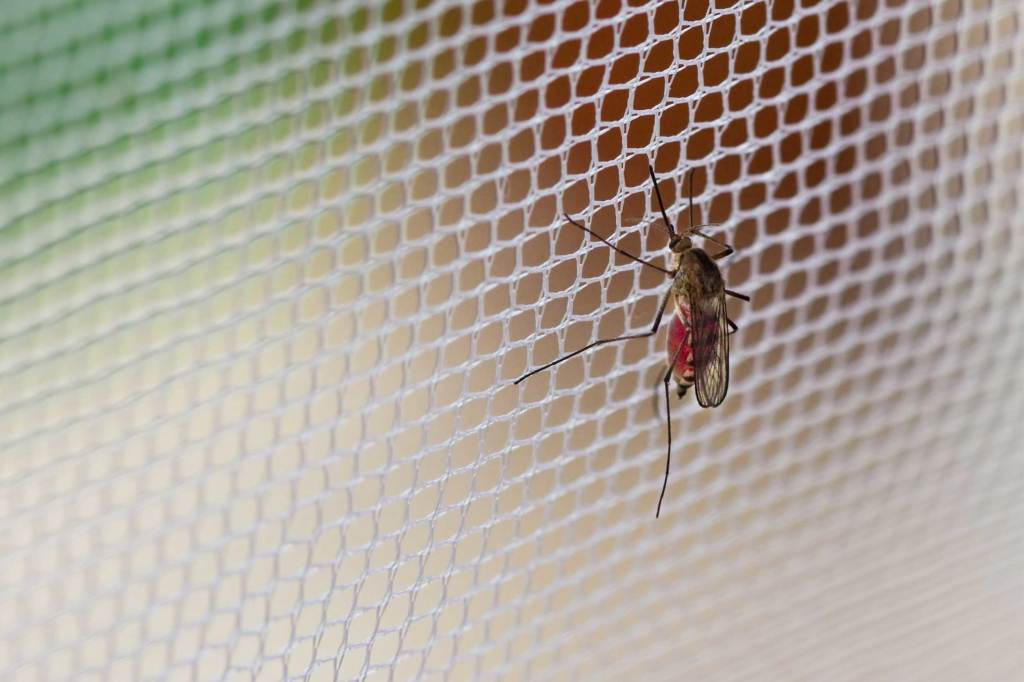
-
Overlapping surgeries mostly safe
Overlapping surgeries, in which more than one doctor performs sequential surgeries in different operating rooms, have raised concerns about potential adverse outcomes — but a new analysis shows they carry no greater risk for low-risk, noncardiac patients.
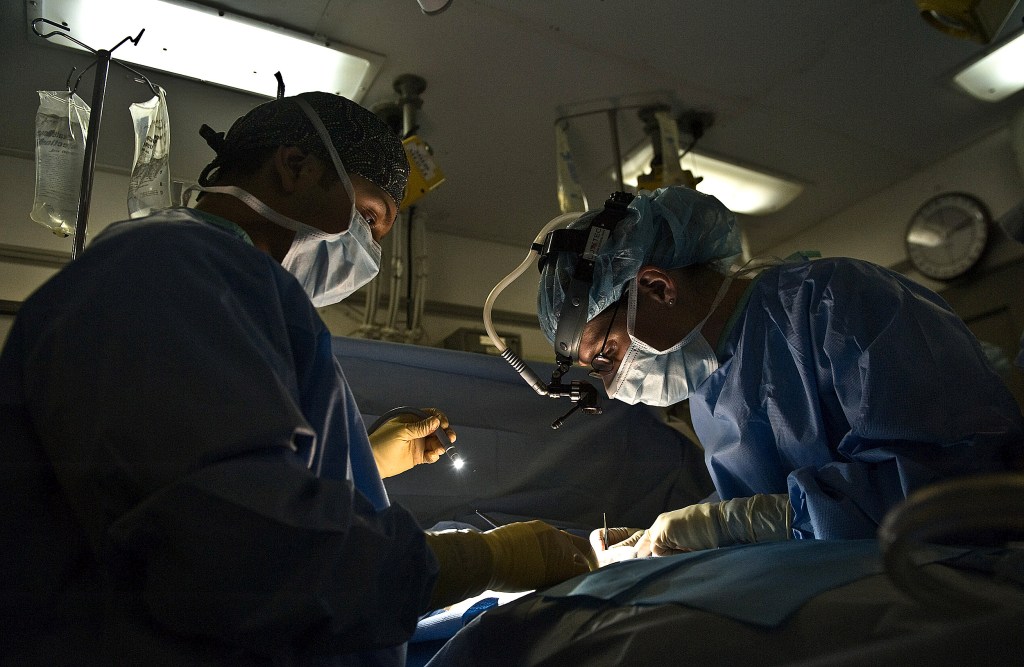
-
Quitting smoking may reduce risk of rheumatoid arthritis
Analysis of data from the Nurses’ Health studies shows quitting smoking may reduce the risk of the severest form of rheumatoid arthritis.

-
Gene therapy was a ‘last shot’
Three years after undergoing gene therapy at Dana-Farber/Boston Children’s Cancer and Blood Disorders Center to treat a life-threatening immune disorder, an Ohio college student is no longer thinking about his own “last shot” for health, but rather about medical school and “giving back.”
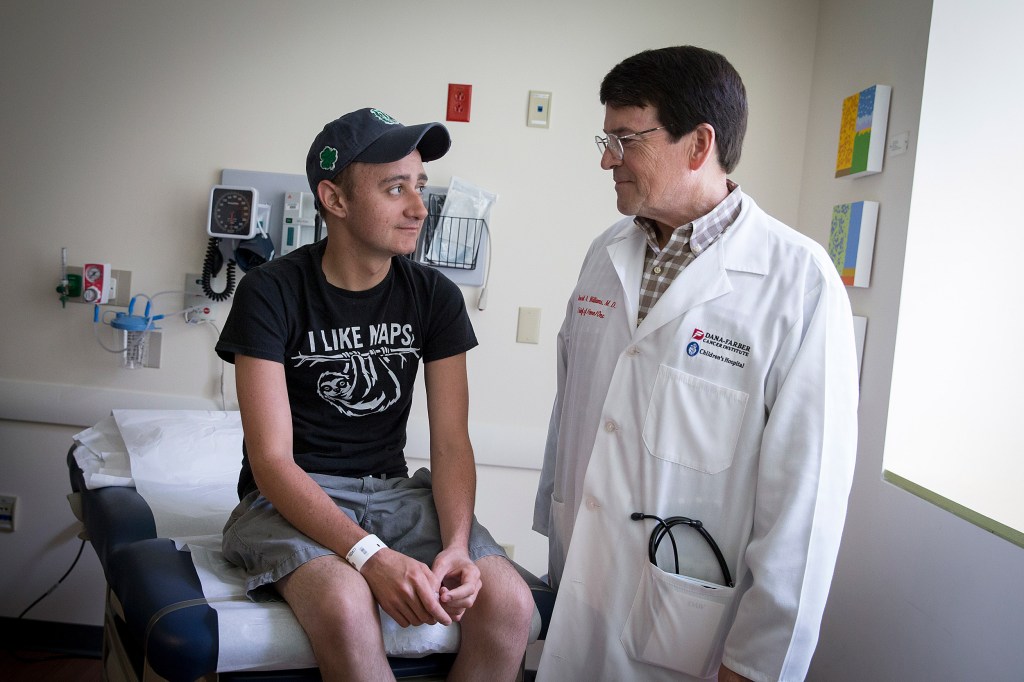
-
Exercise, fasting help cells shed defective proteins
A new study from the Blavatnik Institute finds that intense exercise and fasting activate hormones that boost cells’ capacity to dispose of defective proteins, which clog up the cell, interfere with its functions, and, over time, precipitate diseases including neurodegenerative conditions such as ALS and Alzheimer’s.

-
A program to give workforce well-being a boost
Harvard Chan School of Public Health researchers are engaging with some of the world’s most recognizable brands to improve working conditions and workplace well-being around the world.
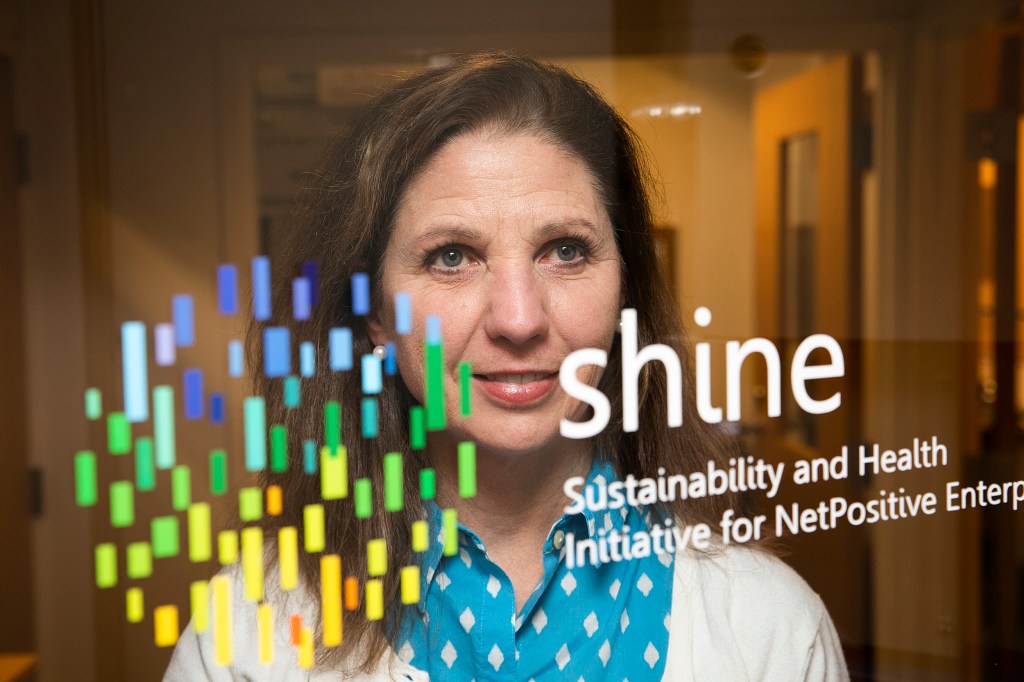
-
Drop and give me 40
Harvard researchers have found that the number of pushups middle-aged men can do may be a useful, no-cost tool to help clinicians assess cardiovascular disease risk during routine examinations.

-
Finding our genomic clockwork
Harvard researchers have discovered that a novel biomarker of aging in rDNA can accurately determine an individual’s chronological and biological age. The biomarker opens new opportunities for monitoring responses to interventions and lifestyle choices.

-
Platelet ‘decoys’ outsmart both clots and cancer
A team of researchers at the Wyss Institute at Harvard University and several collaborating institutions has created a drug-free, reversible antiplatelet therapy that uses deactivated “decoy” platelets to reduce the risk of blood clots and potentially prevent cancer metastasis.

-
Interaction between immune factors can trigger cancer
Harvard researchers found that interaction between immune factors triggers cancer-promoting chronic inflammation, setting the stage for the development of skin cancer associated with chronic dermatitis and colorectal cancer in patients with colitis.
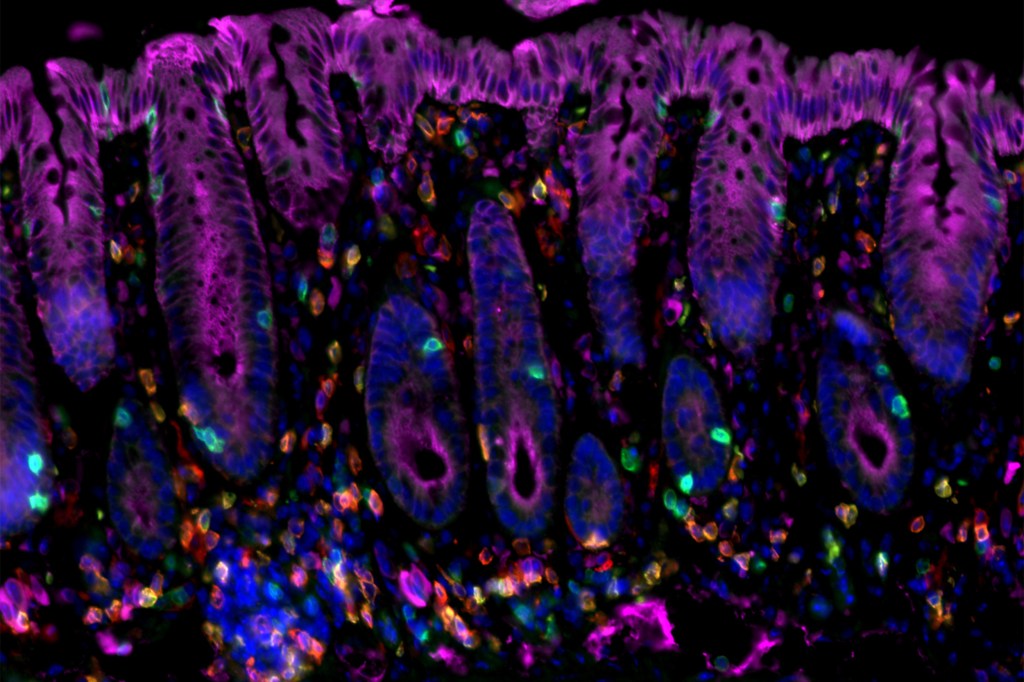
-
Engineered mini-kidneys come of age
By exposing stem cell-derived kidney organoids to fluidic shear stress, A team of Harvard researchers has significantly expanded the organoids’ vascular networks and improved the maturation of kidney compartments.

-
Microneedle pill takes the sting out of insulin
A team of investigators from Harvard-affiliated Brigham and Women’s Hospital, MIT, and Novo Nordisk has developed a microneedle pill that can deliver an oral formulation of insulin that can be swallowed rather than injected.
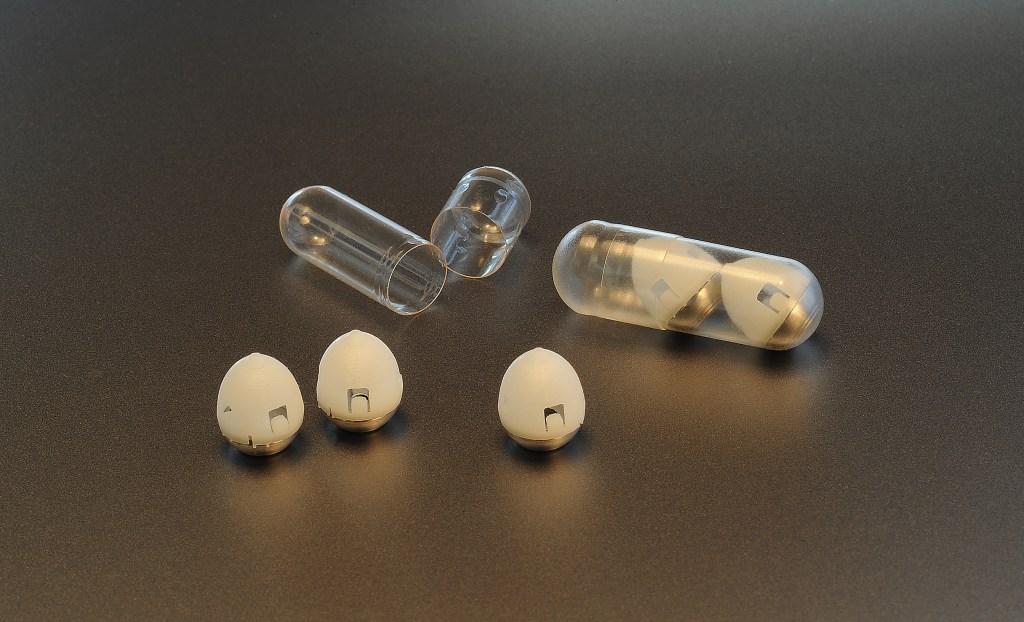
-
Toward safer bone-marrow transplants
The combination of the antibody CD117 and the drug saporin selectively targets blood stem cells, making transplantation safer by limiting collateral damage caused by the current standard of treatment, chemotherapy, and radiation.

-
The science, business of aging
A half-day conference at Harvard Business School examined the growing promise of research on aging and the potential of now-experimental interventions to one day ease the burdens of infirmity.

-
A gathering to battle cancer
Amid projections that global cancer rates will skyrocket, researchers from around the country gathered at Harvard Monday to share their latest findings and to launch a center whose aim is to boost cancer early detection and prevention.
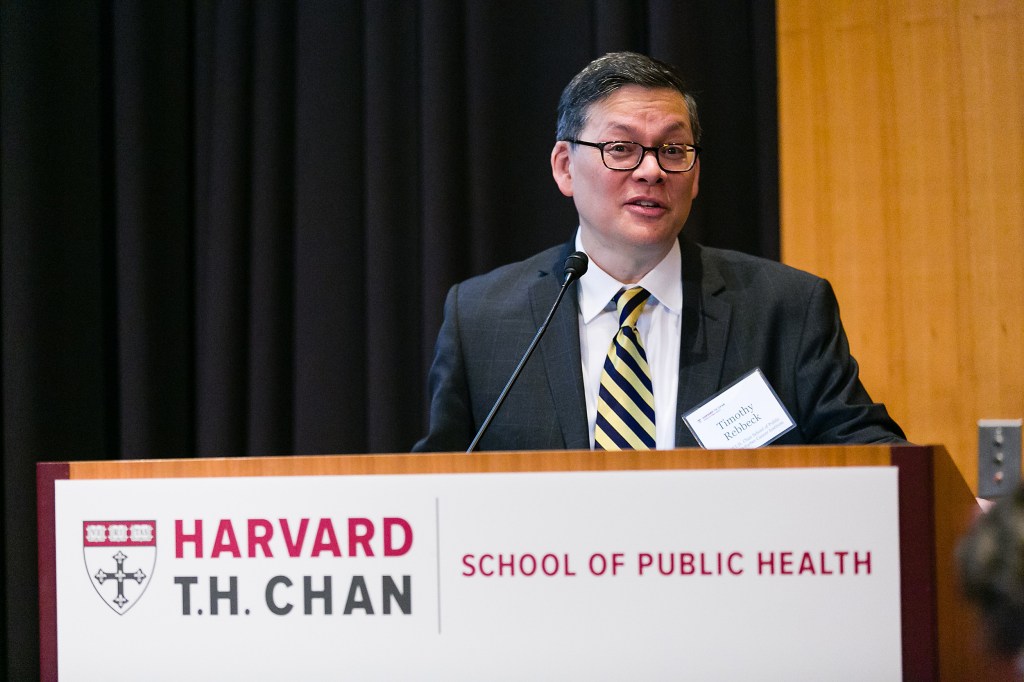
-
Spending dips on health care for the Medicare elderly
Health care spending among the Medicare population age 65 and older has slowed dramatically since 2005, and as much as half of that reduction can be attributed to reduced spending on cardiovascular disease, a new Harvard study has found.

-
Soldiers’ songs of pain — but also healing
A project to write songs using individual soldiers’ combat experiences appears to help them overcome haunting memories of war, lessening the impact of trauma held too close for too long.

-
Controversy over e-cigarette flavorings heats up
A new study finds two chemicals commonly used to flavor e-cigarettes may be damaging cilia production and function in the human airway.
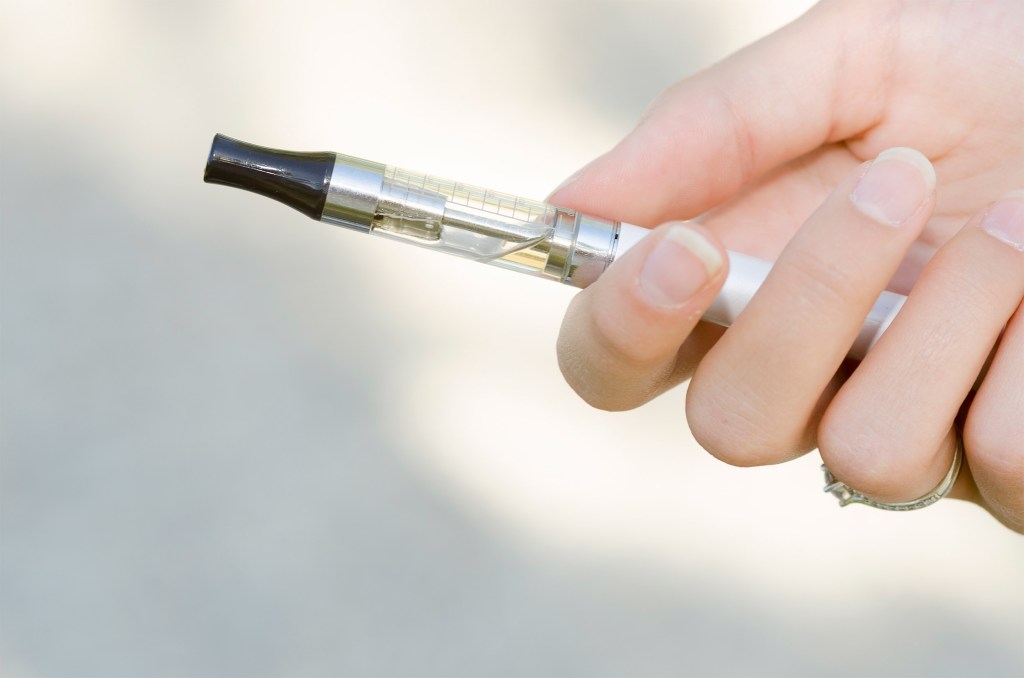
-
Epidemic of autoimmune diseases calls for action
Scientists at the Harvard Stem Cell Institute are seeking ways to protect newly transplanted cells from autoimmune attack.
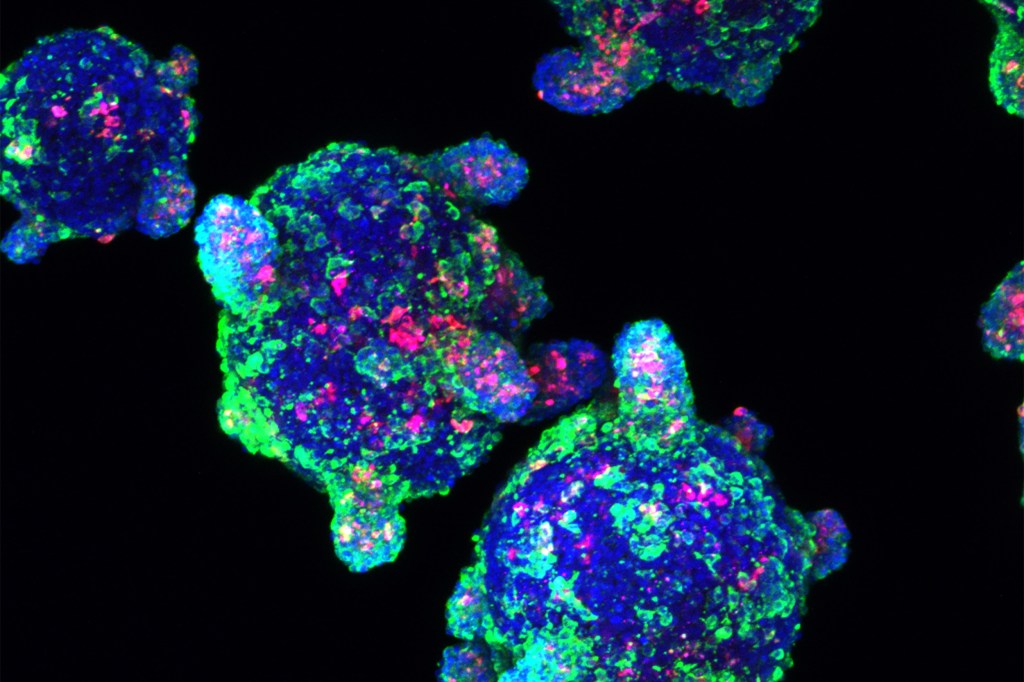
-
Early birds may be happier than night owls
A new study finds that being genetically programmed to rise early may lead to greater well-being and a lower risk of schizophrenia and depression.

-
The master of survival
Proteins produced by the tardigrade are suspected of playing a role in the organism’s resilience, ultimately providing the basis for human therapies that halt tissue damage and prevent cell death.

-
Summoning happiness to aid recovery
Reliving happy memories and anticipating pleasure boosted the moods of people recovering from addiction in a study conducted by researchers at MGH’s Recovery Research Institute who eye such exercises as a potential treatment tool.

-
Financial stress linked to heart disease risk among African-Americans
In a new study, researchers found that African-Americans who experienced moderate to high financial stress had an increased risk of developing heart disease compared with those who did not report such stress.

-
Patients and doctors see the upside to virtual video visits
Study finds virtual video visits, one form of telehealth visit used at MGH, can successfully replace office visits for many patients without compromising the quality of care and communication.

-
ZIP code or genetic code?
In the largest study of U.S. twins to date, researchers use insurance records to tease out the effects of genes and the environment in 560 diseases.

-
People with Down syndrome never stop learning
A new study from MassGeneral Hospital for Children looks at how people with Down syndrome continue to learn.

-
12-step guide to keeping those resolutions
Figure out what resolutions fit your lifestyle and then make them happen with some expert advice.

-
Study sees little danger from ondansetron during first trimester of pregnancy
A new study from Brigham and Women’s Hospital finds that pregnant women taking the common anti-nausea medication ondansetron during the first trimester have no increased risk of cardiac malformations and only a slight increased risk of oral clefts.
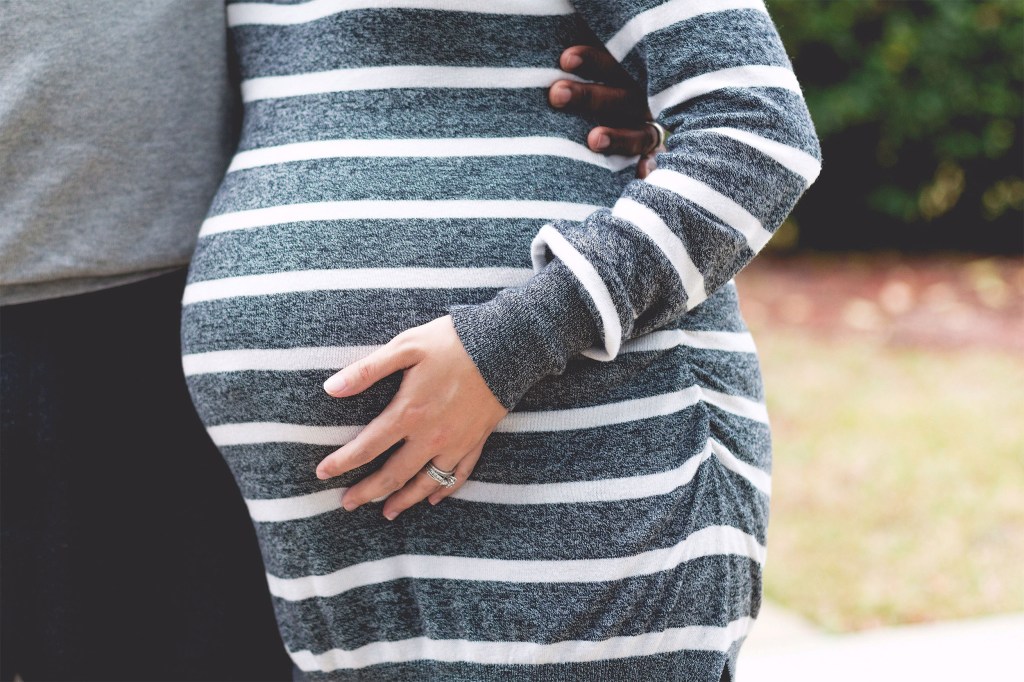
-
Teen vaping rising fast, research says
Amid studies showing e-cigarette use rising rapidly among teens, public health officials who recognize the devices’ potential to reduce health hazards discuss the need to tailor their message to keep the devices out of the hands of the young, according to the head of Harvard’s Center for Global Tobacco Control.


